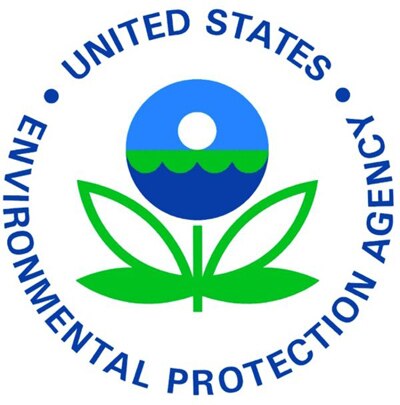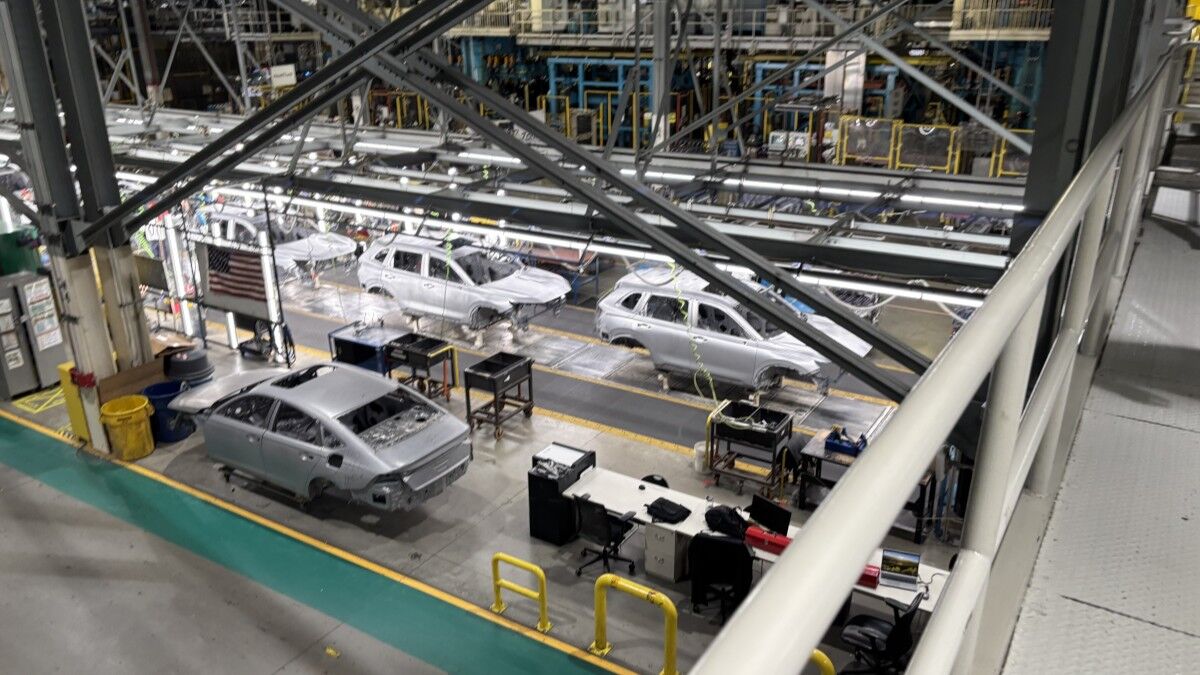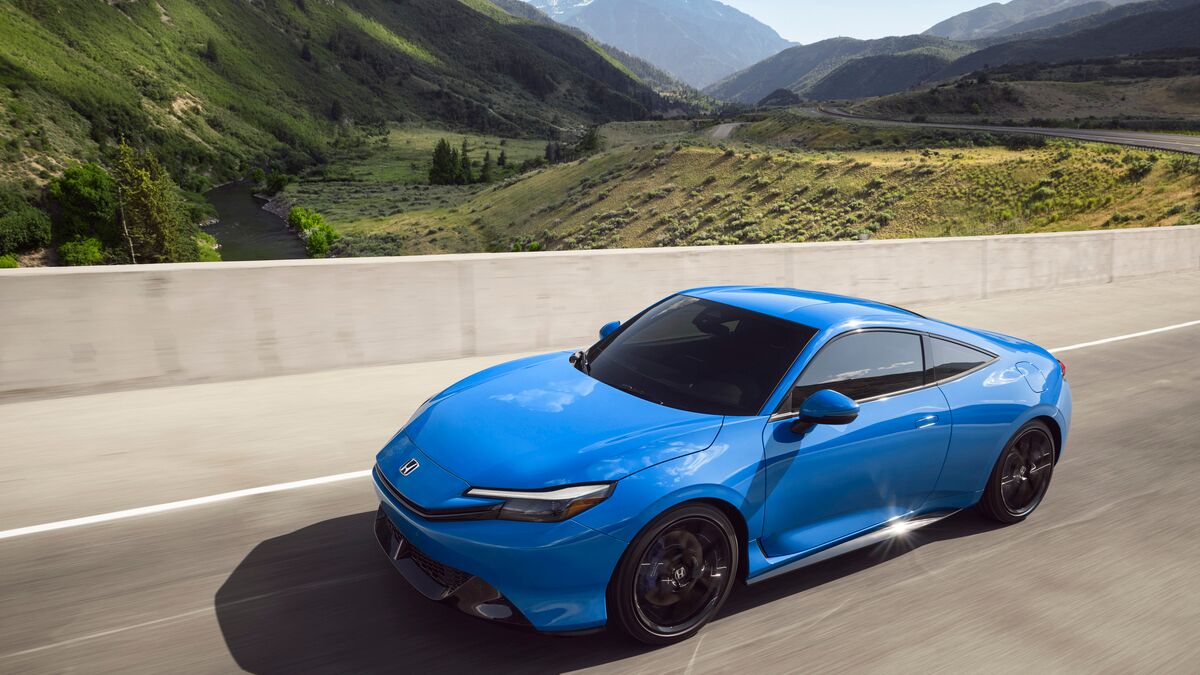The Obama administration today released the final version of the 2017-2025 Corporate Average Fuel Economy (CAFE) regulations that will see the mileage benchmark rise to 54.5 mpg by the middle of the next decade. The latest regulations build on standards enacted earlier for 2011-2016 models that require cars and light trucks to meet a 35.5 mpg CAFE average by the end of that interim period.
This new CAFE figure – originally proposed by President Obama in July 2011 — was developed by the Department of Transportation’s National Highway Traffic Safety Administration (NHTSA) and the Environmental Protection Agency (EPA) using input from auto manufacturers, the United Auto Workers and individual states as well as from various consumer groups, environmental/energy experts and the public. In addition to finally creating a single unified national emission standard, the new legislation is projected to save consumers some $1.7 trillion at the pumps (including savings from the 2012-2016 rules) while reducing U.S. oil consumption by some 12 billion barrels.
Enacting this landmark legislation — which also is expected to reduce CO2 emissions by 6 billion metric tons over the life of the program — won’t come without a cost. The average price of an automobile is expected to rise by an additional $2,000 by 2025, a fact that causes concern for many dealers as well as consumers. Critics further note that according to a report by the Congressional Budget Office, this dramatic drop in gasoline and diesel use will bring about a $57-billion decline in fuel-tax revenues. Conversely, government figures indicate that the effects of the new CAFE law also will generate an average fuel savings of more than $8,000 by 2025 over the lifetime of the vehicle, which at that time would yield a net savings comparable to lowering the price of a gallon of gasoline by approximately $1.
To reach this lofty 54.5-mpg CAFE mandate, the administration anticipates carmakers will need to employ a number of different technologies in the vehicles of tomorrow, including the use of advanced gasoline/diesel engines and more efficient transmissions, significant weight reduction programs, improved aerodynamics, lower rolling-resistance tires and more efficient air conditioning/ accessory systems. The legislation also will provide targeted incentives to encourage early adoption and introduction of various approaches that directly reduce the use of refined petroleum-based fuels. In addition to promoting electric, plug-in, fuel cell and natural gas vehicles, it will reward new forms of economy-enhancing hybrid systems designed for large pickups and also issue credits for other types of alternatives that have the potential to achieve real-world greenhouse gas reductions and fuel economy improvements but fall outside of the existing standards test procedures. Last but far from least, the 2025 CAFE mandate incorporates an internal check system that provides for "a mid-term evaluation to allow the agencies to review their effectiveness and make any needed adjustments."








